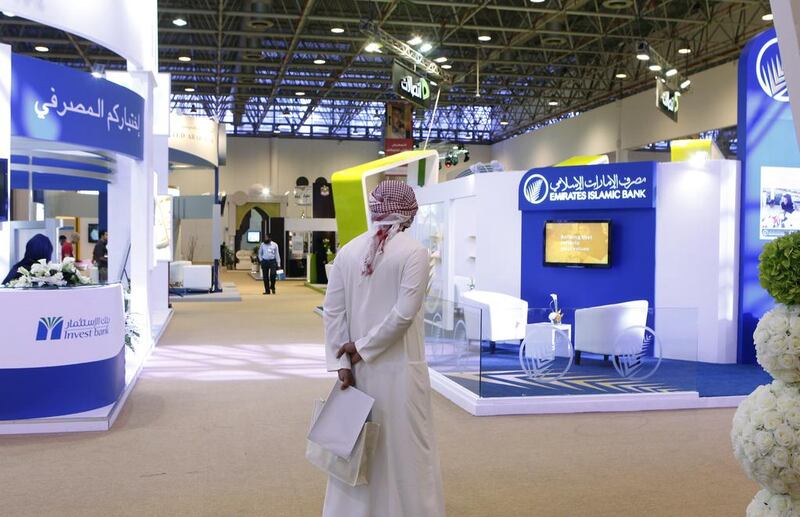During the First World War, a young man attempted to join the United States army but was rejected for being too young. After “modifying” the details on his birth certificate he was able to become an ambulance driver for the Red Cross and worked in France. Upon returning to America he became an apprentice at an art studio, drawing illustrations for advertisements. He took this experience to his garage studio where he became a freelance cartoonist and photographer with the hope of saving up enough money to one day get to Hollywood. After several attempts at building a business on the back of his freelance work, an idea for an entertainment company was born that would change the movie and entertainment industry forever. The company carried his name and that name was Walt Disney.
Walt Disney was a freelancer who eventually became an entrepreneur, so what’s the difference? Well an entrepreneur is someone who uses money to build a business, a business that can run with or without them. A freelancer is the business, and they get paid by the hour, day or project purely for their work and personal contribution. An entrepreneur focuses on growth, hiring and scaling up to get more business, whereas a freelancer is focused on increasing their own personal value.
I quit my job to become a full-time freelancer about a year and a half ago and it was probably the single scariest move of my professional life. It’s one thing to quit your job to build a business, that's easy to explain to people, as you have something tangible to show them. On the other hand, explaining you are a freelancer is completely different story. As one elderly family relative joked when I explained to him that I was freelancing: “So not only are you unemployed Khalid, but you are unemployed and looking for companies to pay you to work when you already worked in a company that paid you to work?”
Well, yes, I was pitching to companies and clients in order to get paid for my work, but as a freelancer I was working on the things that I was passionate about and I was working on my terms, on projects, events and campaigns I was excited to be part of. I didn’t have a specific time that I had to be working, one client could have me working at 4am on a Friday morning, another project could have me developing content during the day, and an event or press conference might need me for an evening event.
The thing that stood out to me during this period was meeting other freelancers, especially Emiratis who identified themselves as freelancers rather than as entrepreneurs or employees. Another thing was how excited they were to say that they were freelancers, like it was a badge of honour. I think freelancing represents something that Emirati youth are looking for. It gives them the option to try new things, to go out into the world not knowing exactly what they want in life but for that to be okay because at least they are doing something, they are taking their passions and seeing what becomes of it and they make some money in the process. It doesn’t fall in line with the traditional societal definition of work, but to be honest I think more and more youth have stopped caring about what work looks like to others and more about how work feels to them.
One Emirati photographer I met described her freelancing journey as an “adventure”. One day she would be shooting a wedding and the next day she would be photographing for an influencer who would be working on a campaign. As with many adventures, there's some risk attached, not least not knowing where your next pay cheque is going to come from, but I think we need that risk to keep us focused and working harder for that next big opportunity.
I am definitely not against full time employment. I always say to people that if I was offered a job that allowed me flexibility and projects to do exactly what I am doing now for good pay and pension I would be crazy not to do it. I have a family to provide for and bills to pay. On the other hand, in a world where our working lives are being redefined, where the traditional 9 to 5 is seen as somewhat archaic, the option of freelancing gives youth and millennials probably the thing they want the most while they discover themselves and the work they love, to be free.





